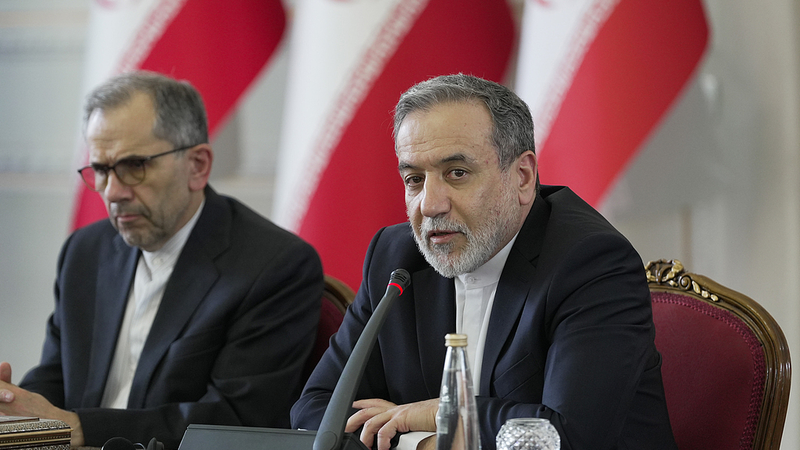The countdown is on for Friday's deputy foreign minister-level nuclear talks in Istanbul, where Iran will sit down with Britain, France and Germany (the E3) to map out the next steps in a tense diplomatic standoff.
Last week, the E3 nations warned they could trigger the UN's "snapback" mechanism by the end of August – a move that would restore sanctions unless Iran makes concrete progress in negotiations. The warning followed the first call in over a month between the E3 foreign ministers, the EU's foreign policy chief and Iran's top diplomat, after an exchange of airstrikes by the U.S. and Israel on Iran's nuclear sites.
Iran's Foreign Minister Abbas Araghchi took to social media to urge the E3 to drop "worn-out policies of threat and pressure," arguing that a snapback would hurt the credibility of the UN Security Council without moral or legal footing. "Meaningful diplomacy" remains Tehran's stated goal, he said, but it will resist any measures seen as hostile.
The snapback framework, embedded in the UN resolution that endorsed the 2015 nuclear deal, allows the E3 to reinstate sanctions before the pact's expiry on October 18. For young global citizens and market watchers alike, the outcome of these talks could reverberate from energy prices to tech partnerships around the world.
These deputy-level discussions mark the latest chapter in a series of five negotiation rounds mediated by Oman earlier this year. Key disagreements persist, notably over uranium enrichment levels, with Western powers demanding them be reduced to zero to rule out any risk of weaponization. Iran, however, insists its program serves only peaceful and civilian needs.
All eyes will be on Istanbul on Friday as the E3 and Iran test whether diplomacy can make a comeback – or if the snapback sanctions will cast a longer shadow over global geopolitics.
Reference(s):
Iran to hold nuclear talks with UK, France and Germany on Friday
cgtn.com



